Visual comprehension Math Worksheets for Ages 5-7
7 filtered results
-
From - To
Introduce your child to the exciting world of numbers with our Visual Comprehension Math Worksheets for Ages 5-7 at Kids Academy! Designed to make learning fun and engaging, these worksheets help young learners develop critical math skills, such as counting, shape recognition, patterns, and basic problem-solving. Each worksheet features vibrant illustrations and interactive activities that captivate kids' attention while reinforcing essential concepts. Ideal for classroom or home use, our expertly crafted materials support early childhood education and foundation-building, ensuring a strong start in math. Download today and let your child's mathematical journey begin with Kids Academy!
Visual comprehension in math is a crucial component for cognitive development in children aged 5-7. During these formative years, children are developing foundational skills such as counting, recognizing shapes, and understanding patterns, all of which are integral for future mathematical concepts. Visual comprehension helps make these abstract concepts concrete and accessible by allowing young learners to see and manipulate objects, fostering a deeper understanding.
Parents and teachers should prioritize visual comprehension because it enhances problem-solving skills. When children can visually represent a problem, whether it’s through drawing, using physical objects, or digital tools, they can better understand and solve it. This skill is foundational for later math topics such as geometry, algebra, and even calculus.
Moreover, visual comprehension supports diverse learning styles. Some children are more visual learners, and by integrating visual aids into math instruction, we can make math more inclusive and engaging for everyone. Interactive learning tools like blocks, visual puzzles, or educational software can ignite a child’s interest and enthusiasm for math, promoting a positive and resilient attitude towards the subject.
In essence, prioritizing visual comprehension in math education sets the foundation for a robust understanding of more complex concepts later on, while cultivating critical thinking and problem-solving abilities in young learners.
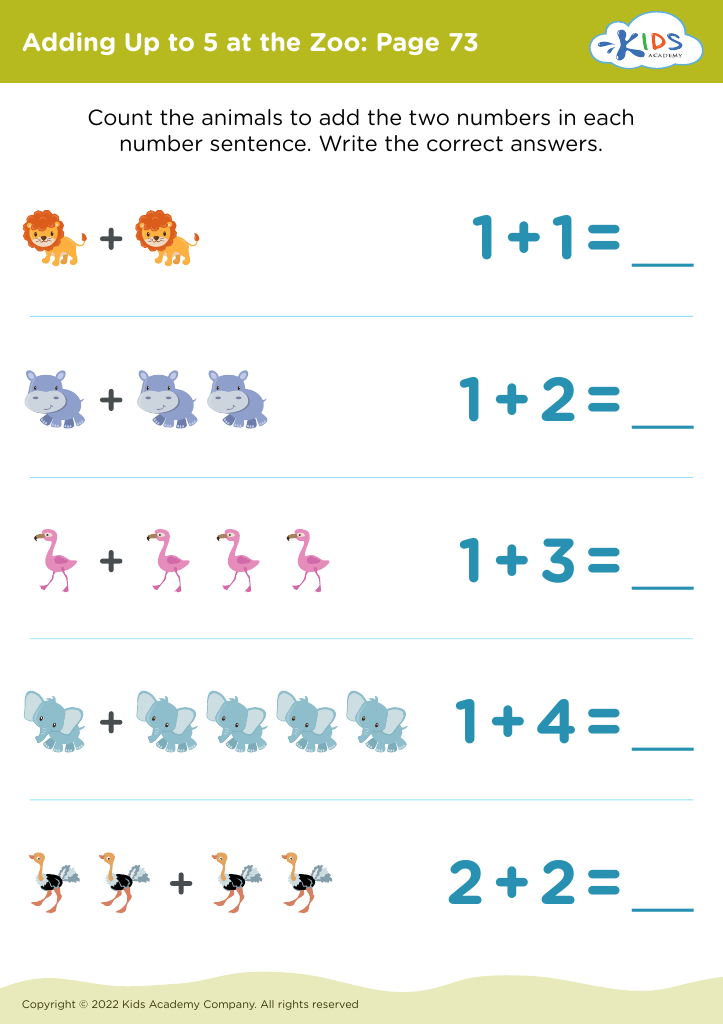

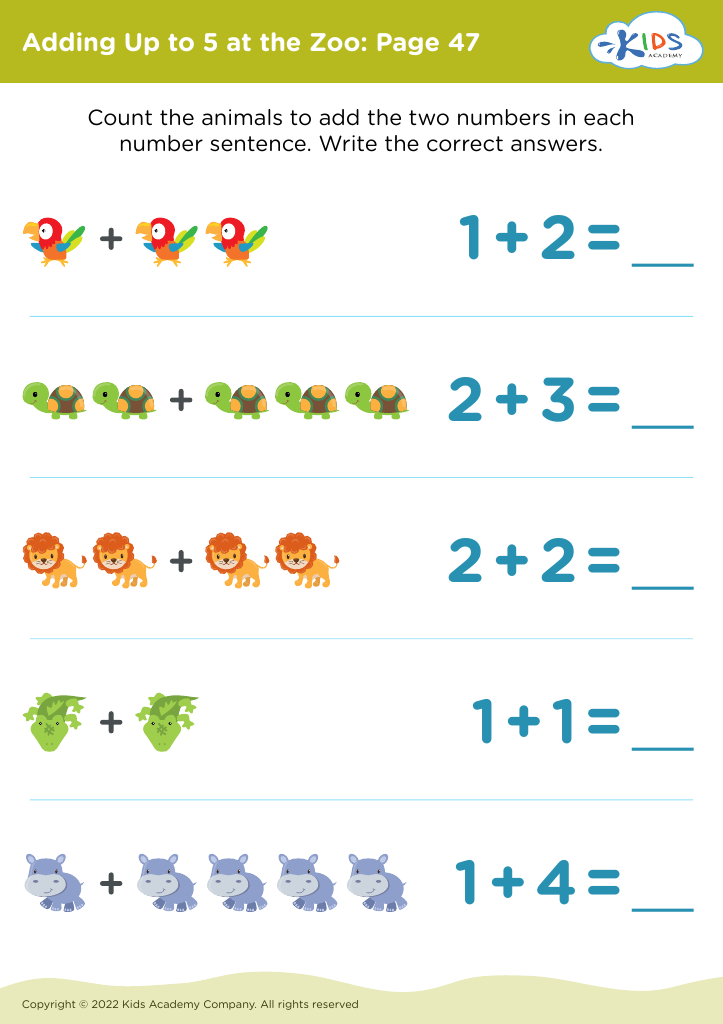
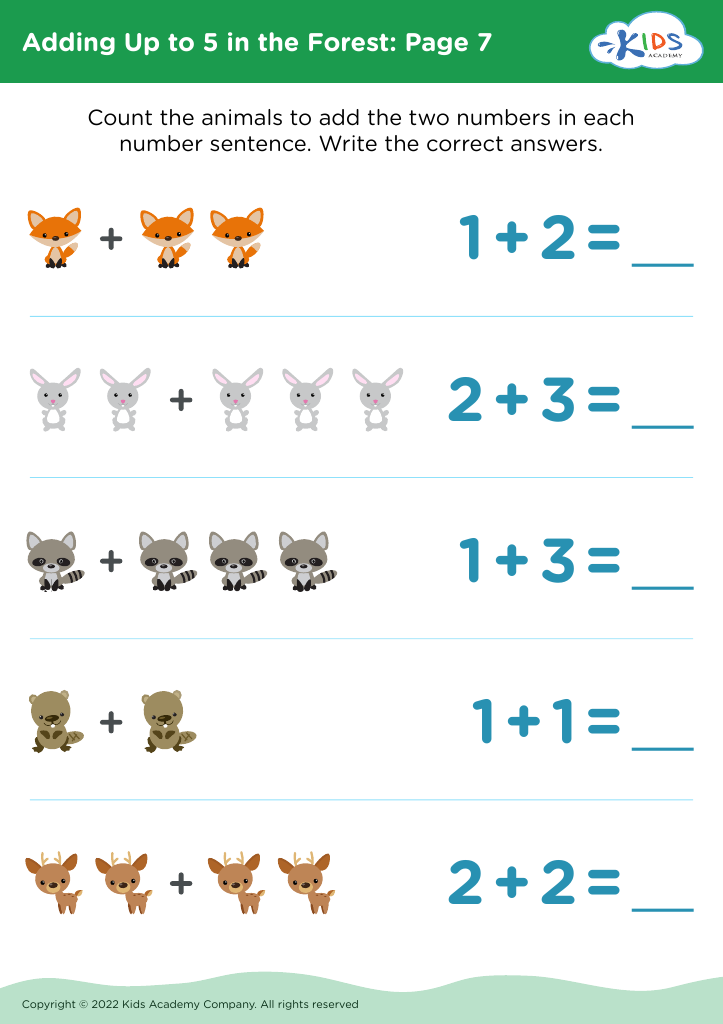
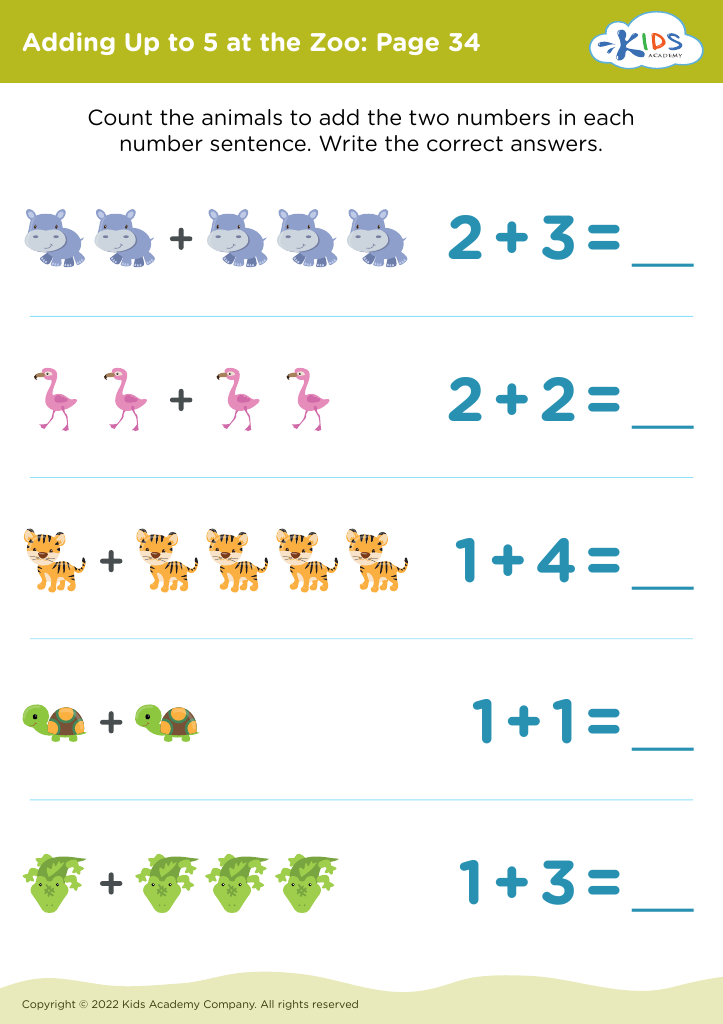
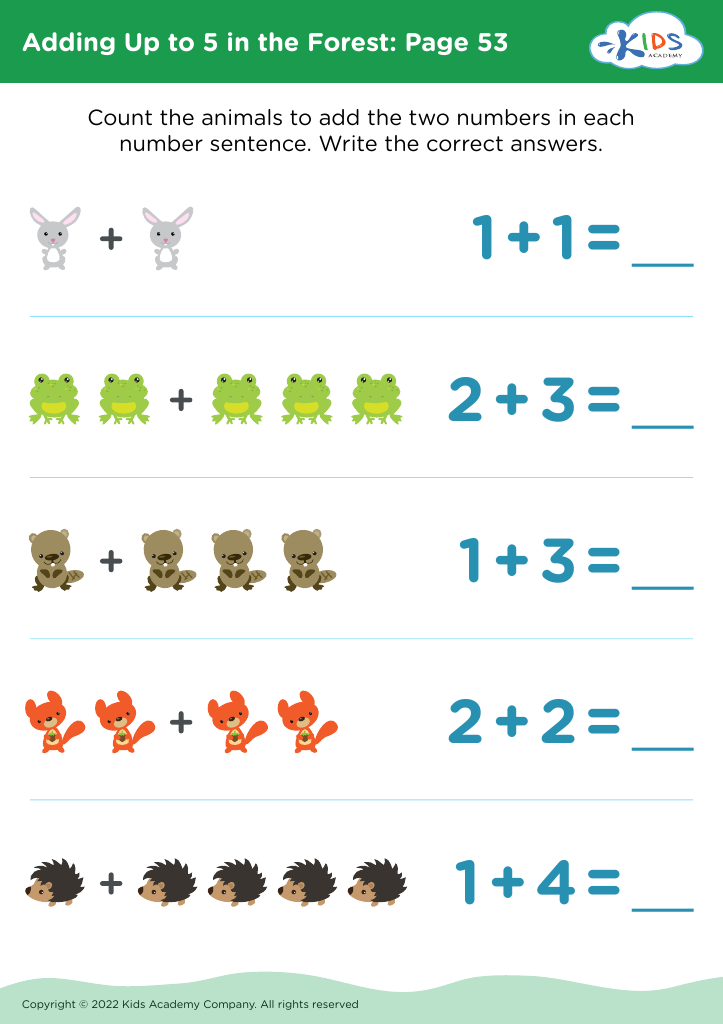

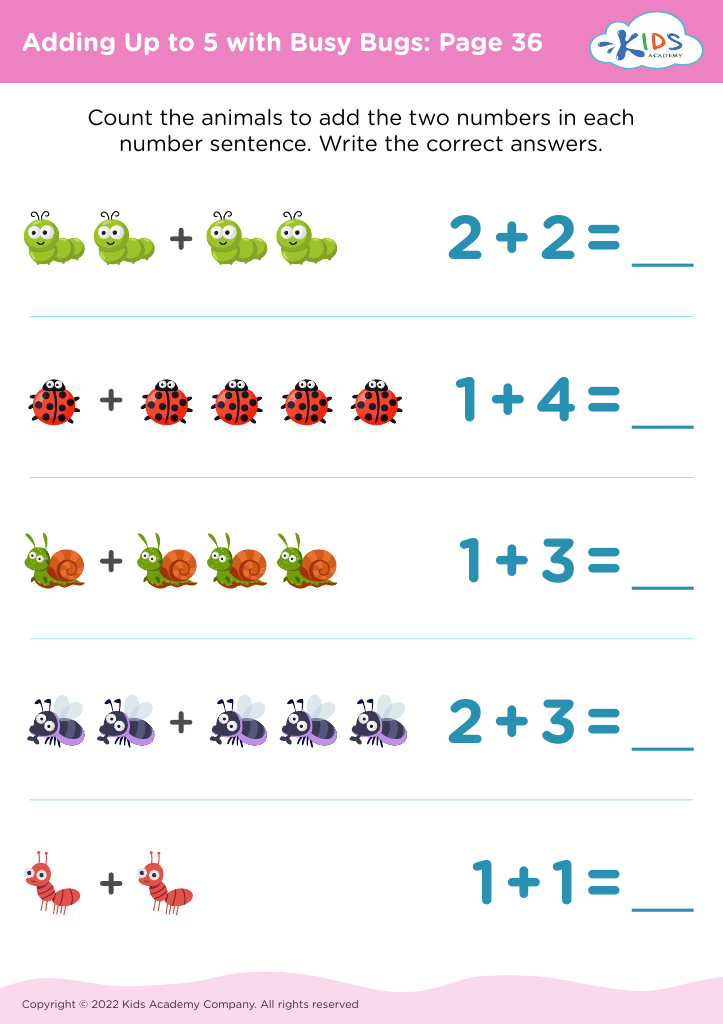
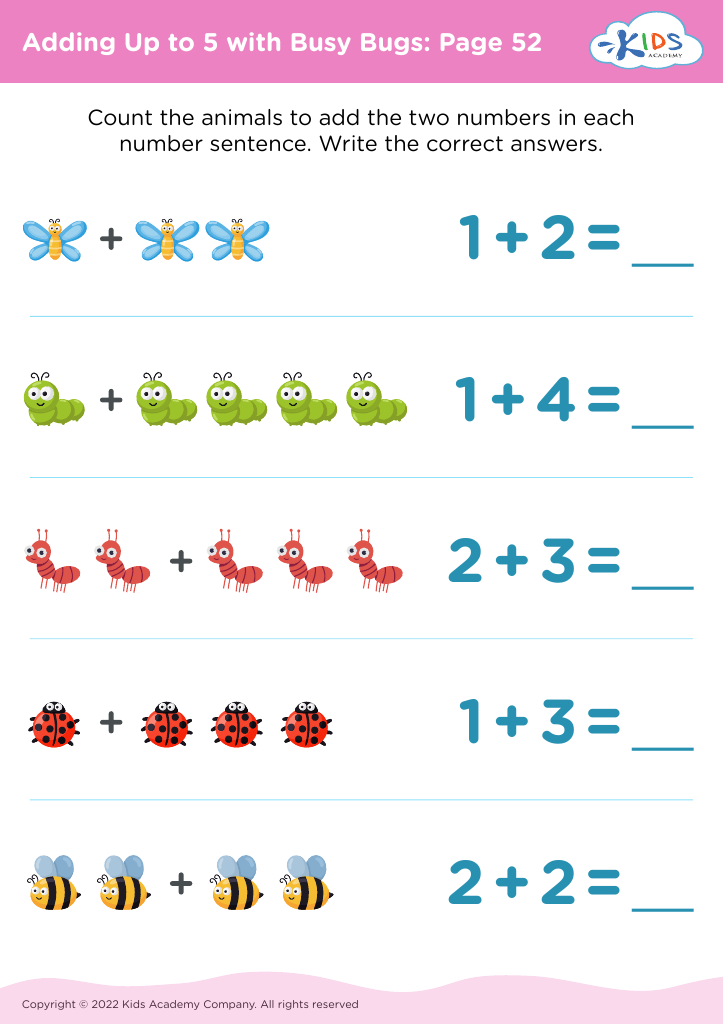



.jpg)















